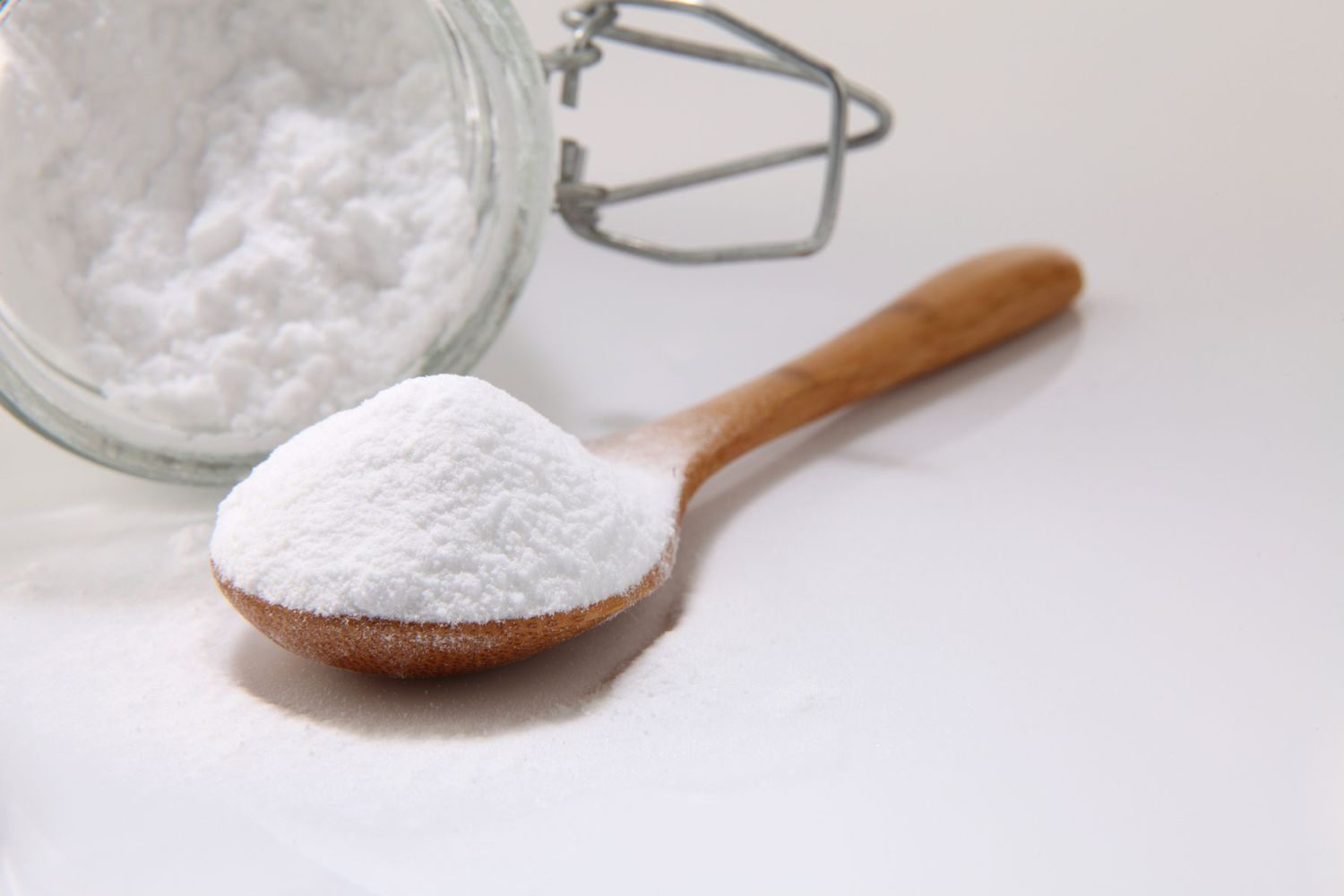Baking soda, scientifically known as sodium bicarbonate, is a staple in kitchens worldwide. Beyond its well-known roles in baking, cleaning, and odor control, baking soda offers several intriguing nutritional aspects. Though not consumed in large quantities, understanding its nutritional profile can be beneficial, especially for those mindful of their dietary intake. This article delves into seven key nutrition facts about baking soda, highlighting its composition and potential health implications.
Sodium Content
Baking soda is synonymous with sodium bicarbonate for a reason. It is packed with sodium, boasting around 1,259 milligrams per teaspoon. This high sodium content is a double-edged sword; while sodium is essential for nerve function and muscle contractions, too much can lead to elevated blood pressure and increased risk of cardiovascular diseases. Therefore, individuals on a low-sodium diet should use baking soda sparingly.
Caloric Value
When it comes to calorie content, baking soda is virtually negligible. Providing a mere 0.6 calories per teaspoon, it has an almost nonexistent impact on your daily caloric intake. This makes it an excellent ingredient for those monitoring their calorie consumption without wanting to compromise on the leavening qualities it provides in recipes.
Fat and Protein
Baking soda contains no fat or protein. This absence means it contributes neither to the dietary fats that are crucial for hormone production and nutrient absorption nor to the proteins necessary for tissue repair and growth. However, its lack of macronutrients also makes it suitable for a wide range of dietary preferences and restrictions.
Vitamins and Minerals
In terms of micronutrients, baking soda is not a significant source. It lacks substantial amounts of vitamins and minerals, providing only trace elements that might arise during its manufacturing process. Therefore, it should not be relied upon as a source of nutrition in these categories.
Carbohydrate Content
With less than 1 gram of carbohydrates per teaspoon, baking soda’s impact on blood sugar levels is minimal. This characteristic is particularly beneficial for individuals managing diabetes or those following low-carbohydrate diets, as it can be used in cooking and baking without causing significant glucose spikes.
Alkaline Properties
One of the hallmark features of baking soda is its alkalinity. It can help neutralize acidic components in recipes, making it invaluable in baking for its ability to balance pH levels. This property not only affects the taste and texture of baked goods but may also have implications for digestive health by moderating stomach acidity.
Digestive Aid
Though not a traditional nutritional benefit, baking soda is often touted for its role as a home remedy for indigestion and heartburn. When dissolved in water, it can help neutralize stomach acid, providing temporary relief from discomfort. However, this use should be approached with caution, as excessive consumption can lead to imbalances in body chemistry.
In summary, while baking soda is not a significant source of nutrients, its unique properties and low caloric content make it an interesting component of a balanced diet. Its high sodium content is the most notable nutritional aspect, requiring mindful use by those monitoring their sodium intake. Beyond nutrition, baking soda’s alkaline nature and versatility continue to make it a valuable household staple.

